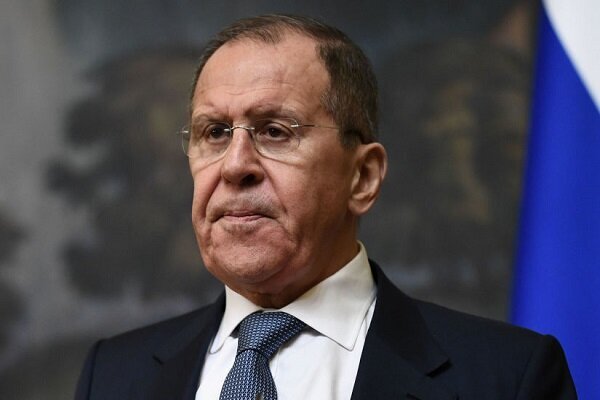Moscow sees JCPOA Joint Commission as opportunity for de-escalation

TEHRAN — Russian Foreign Minister Sergey Lavrov says Wednesday’s Joint Commission meeting of the JCPOA would be an opportunity to stop the escalation of tensions surrounding the Iran nuclear agreement.
“Tomorrow, Vienna should host the meeting of the Joint Commission of the JCPOA participants. This is a chance, although not a 100 percent one, but still a chance to stop the process of escalation until it is too late,” Lavrov said on Tuesday at the Disarmament Conference in Geneva, according to Sputnik.
Russian Deputy Foreign Minister Sergey Ryabkov will represent the country at the meeting.
Earlier on Monday, Iranian Foreign Ministry spokesman Abbas Mousavi said that the Wednesday meeting of the commission will be a ‘regular and periodic session’ led by deputy foreign ministers and political directors.
The spokesperson also emphasized that the upcoming session will have no connection with the JCPOA’s dispute resolution mechanism.
The JCPOA was struck between Iran and the five permanent UN Security Council members — the United States, Russia, China, France, and the UK — as well as Germany and the European Union.
The accord came under increasing strain ever since U.S. President Donald Trump announced the U.S. withdrawal from it in May 2018 and unleashed the “toughest ever” sanctions against Iran despite worldwide objections.
On May 8, exactly one year after the U.S. abandoned the deal, Tehran announced that its “strategic patience” is over and began to partially reduce its commitments to the agreement at bi-monthly steps.
The move was intended to push European countries to salvage the JCPOA from U.S. pressures. Iran argued that the three European members of the deal, namely France, Britain, and Germany, have done nothing of value to protect Iran’s benefits from the deal.
Finally, Iran announced in January that it is taking the last and final step to suspend all of its commitments to the JCPOA. The decision was based on Europe’s failure to keep up its part of the deal, but Tehran clarified that it will return to the deal as soon as Europe fulfills its obligations.
MH/PA
